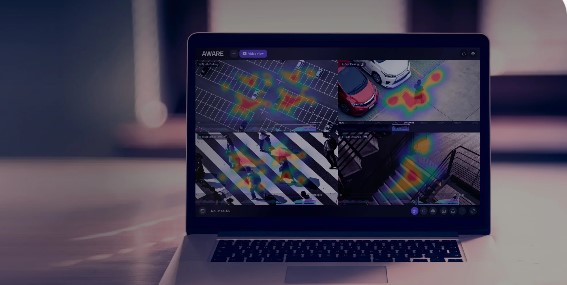
Cloud Security
Flexible and scalable
What it is and how it can benefit your business or in your home
What is cloud-based CCTV?
Cloud-based CCTV is a surveillance camera system with remote server storage for camera footage. This means that unlike traditional CCTV systems, that use local storage, you do not need to purchase or maintain the conventional storage hardware, such as network video recorders (NVRs), for use on site. Upgrades to the video surveillance management software are provided automatically via the cloud ensuring users always have the latest capabilities of the system.
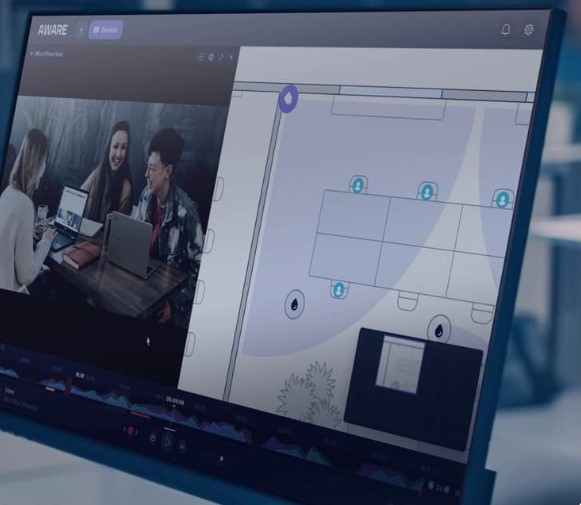
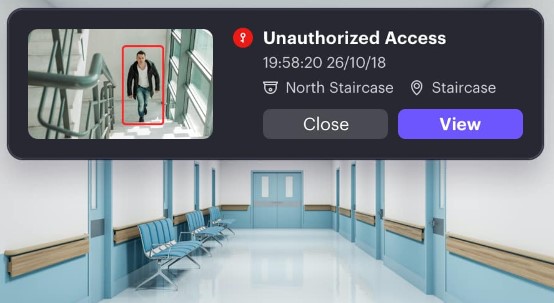
Real-time data and analytics
Hybrid security cameras, like Avigilon Ava cameras, have built-in camera storage but then back up the recorded footage to the cloud.
You only need to stream footage and take up bandwidth on your network if you are reviewing events on the surveillance system. If the internet connection is disrupted you will not lose the footage as it is being stored on the security cameras.
Cloud connecters allow you to use your existing IP cameras but gain the advantages of CCTV cloud storage.
The key benefits of using cloud-based CCTV
- Flexible & Scalable: Cloud-based CCTV allows users to have flexible and scalable security systems without the cost and maintenance of NVRs.
- Available on any device: The views from your CCTV cameras are available anywhere and at anytime from any mobile device with an internet connection.
- Real-time Alerts: You can make your surveillance system more proactive than a conventional CCTV system by receiving real-time and customised alerts.
- Secure Storage: Cloud video surveillance is extremely secure as onsite recorders can be susceptible to physical threats, like theft and damage
- Investigate faster: Cloud CCTV offers smart, intuitive search tools that can transform time-intensive review of surveillance footage into fast answers, empowering security operators.

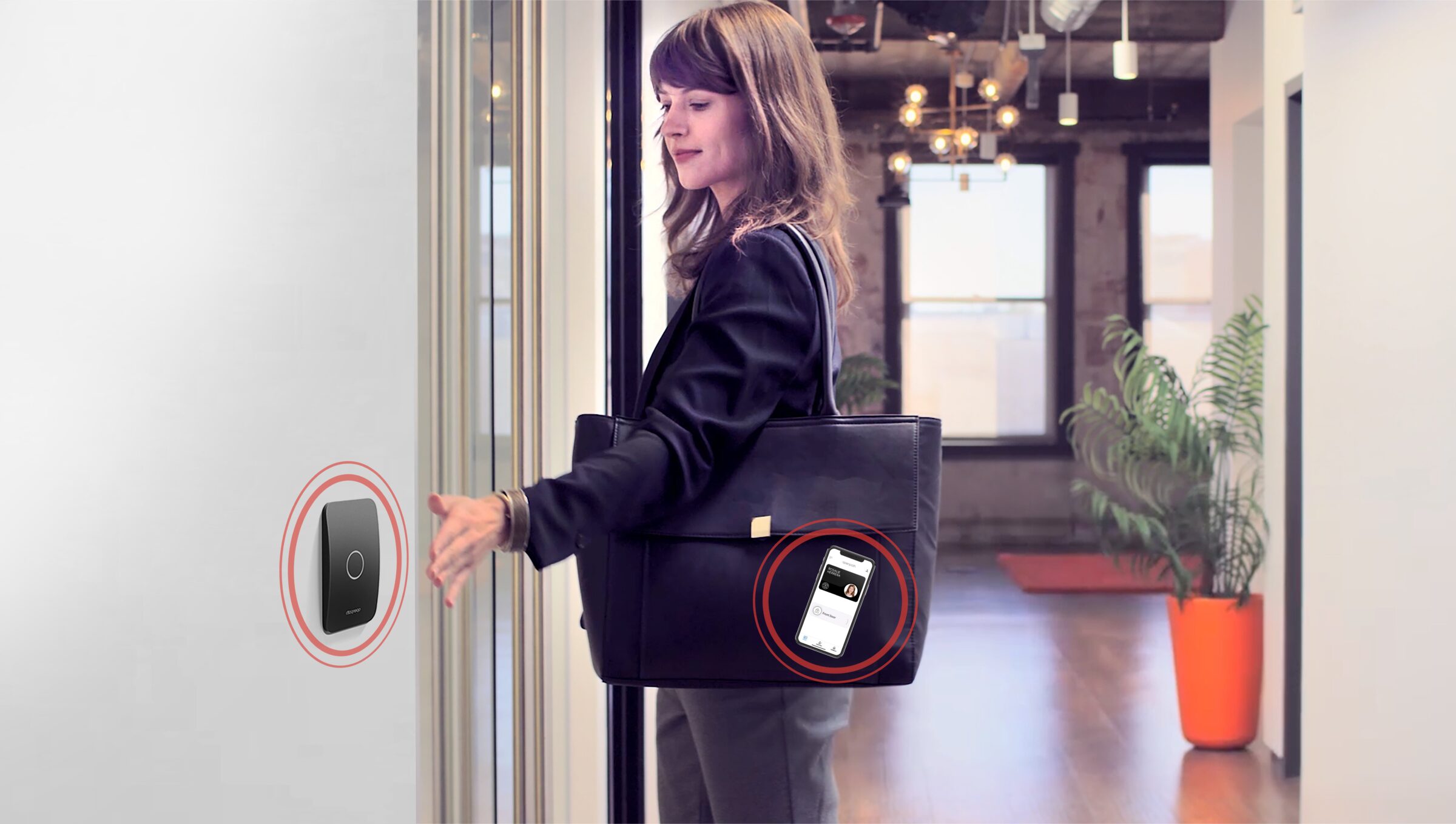
What is cloud-based access control?
Adopting cloud-based access control means users can manage doors and gates remotely via an internet-connected device. Additionally, everything from employee credentials to relevant access information is stored entirely digitally, making it less susceptible to corruption or physical damage.
Cloud access control is often adopted by businesses with a high number of employees as it can be scaled up easily. It offers a quick and efficient means of editing door schedules and distributing access permissions on the go from a single software device. Users can also manage their entire database from any web browser, on any device, wherever they are.
The benefits of using cloud-based access control
- Like with CCTV, the benefits of cloud-based access control systems come from the ease of scalability and of the control of multiple sites.
- Administering the system is straightforward allowing users to add and remove access credentials entirely through their digital platforms.
- Organisations can save costs due to automatic system-wide updates.
- Instant access alerts and warnings
- Live occupancy monitoring
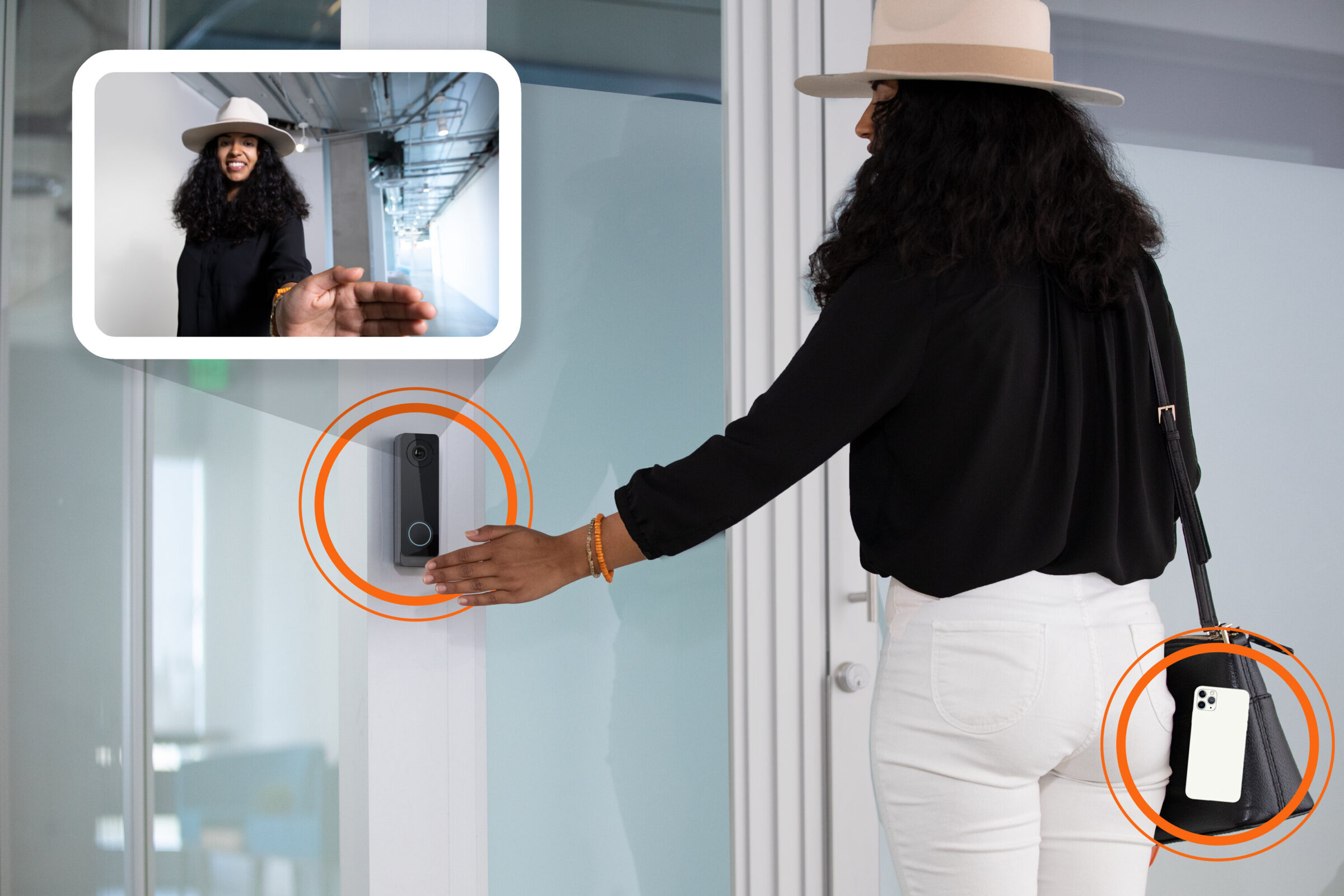
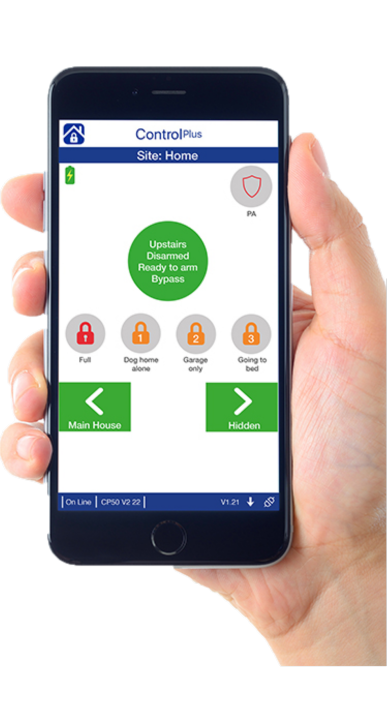
More Cloud-based security options
Intruder alarm systems can now be linked to a dedicated control app on a smart device. This allows for remote management and control of the system, including being able to set and unset the alarm. Additionally, cloud-based intruder alarm systems mean installers can maintain and support organisations remotely reducing the need for costly on-site visits.
Smart sensors can provide monitoring in areas where privacy is a concern, such as hotel guest rooms or changing rooms. When installed with CCTV there are features, such as abnormal noise detection, that can support security. It is easier to manage a large number of these devices if they are connected to the cloud.
Ensuring the security of your Cloud data
Whatever cloud service is being used ensuring data is kept secure is very important. The video analytics platform that operators use is a software as a service (SaaS). The UK’s National Cyber Security Centre recommends using SaaS cloud providers because then users can delegate responsibility for cybersecurity to them and they also gain the security benefits of the provider working at scale.
The National Cyber Security Centre has developed 14 principles for those considering a cloud-based service to help them choose a provider. This includes aspects such as ensuring data is adequately protected against tampering and eavesdropping as it transits networks inside and external to the cloud. Assets stored should also be protected against physical tampering. Protections should include meeting data protection laws and undertaking mitigations such as encryption, data centre security, secure erasure and service resilience. Cloud services should also be designed, developed and deployed in a way that minimises and mitigates threats to their security.
When selecting a cloud security provider, organisations should ensure that data is transferred with end-to-end encryption, two-factor authentication is used to access systems, and that automatic updates will be sent as required to protect the system. Additionally, it is important to install a fully compliant cloud storage system, such as Avigilon Alta Aware, to be certain data privacy is always maintained. By storing the footage in the cloud, users should then have a robust backup for your video recordings. These systems then remove the risk of physical threats associated with an onsite NVR and local camera storage.
The delivery of cloud security may be via a managed service provider (MSP) that will handle the service on behalf of the end user. To ensure the system is maintained the MSP will need to have privileged access to the service so that they can support the client properly.
Frequently Asked Questions
Cloud-based CCTV is a surveillance camera system with remote server storage for camera footage. This means that unlike traditional CCTV systems users do not need to purchase or maintain the conventional storage hardware, such as network video recorders (NVRs) on site. Upgrades to the video surveillance management software are provided automatically via the cloud ensuring users always have the latest capabilities of the system.
CCTV with cloud storage works by using the latest cameras or cloud connectors to stream footage using the internet. Some security cameras will stream the footage directly to the cloud but this takes up a lot of bandwidth so you may need to increase the number of ports on your network and you could lose footage if your internet connection fails. Hybrid security cameras, like Avigilon Ava cameras, have built-in storage but then back up the recorded footage to the cloud. You only need to stream footage and take up bandwidth on your network if you are reviewing events on the surveillance system. If the internet connection is disrupted you will not lose the footage as it is being stored on the security cameras. Cloud connecters allow you to use your existing IP cameras but gain the advantages of CCTV cloud storage.
Cloud-based CCTV allows users to have flexible and scalable security systems without the cost and maintenance of NVRs. Instead you have the benefit of improvements to the video surveillance software automatically. With advanced systems like Alta Aware Cloud Storage you can minimise bandwidth disruptions by scheduling cloud back-ups when network activity is low and set the maximum streaming quality.
Cloud video surveillance is extremely secure as onsite recorders can be susceptible to physical threats, like theft and damage.
Cloud video surveillance systems are also available anywhere and at anytime from any mobile device with an internet connection. This means users can manage multiple sites with ease.
Choosing Cloud CCTV is ideal if you have multiple sites that you would like to link to a single security system but equally it would be suitable if you have a small site and limited space for an NVR but still need the most advanced surveillance technology.
You can make your CCTV system more proactive than a conventional CCTV system by receiving real-time and customised alerts.
Cloud-based CCTV is extremely secure as data is transferred with end-to-end encryption and automatic updates sent as required to protect the system. It also removes the risk physical threats associated with an onsite NVR. Ensure you install a fully compliant cloud storage system, such as Avigilon Alta Aware, to be certain data privacy is always maintained.
By storing your footage in the cloud you have a concrete backup.
Cloud CCTV footage can be accessed from anywhere as long as you have an internet connection. You will need to install an app if you want to view the footage easily on a smart phone. The Alta Aware app mirrors its web client allowing you to view live video, triage alarms and manage security .
If you have cameras with embedded storage you will not lose footage if the internet connection fails and the CCTV system will continue to function.
There is an ongoing cost to subscribing to the cloud storage. However, this has the advantage of spreading the cost of the system and the software over time rather than buying new CCTV IP cameras and NVRs, for example. Contact us to find out more about the costs.
